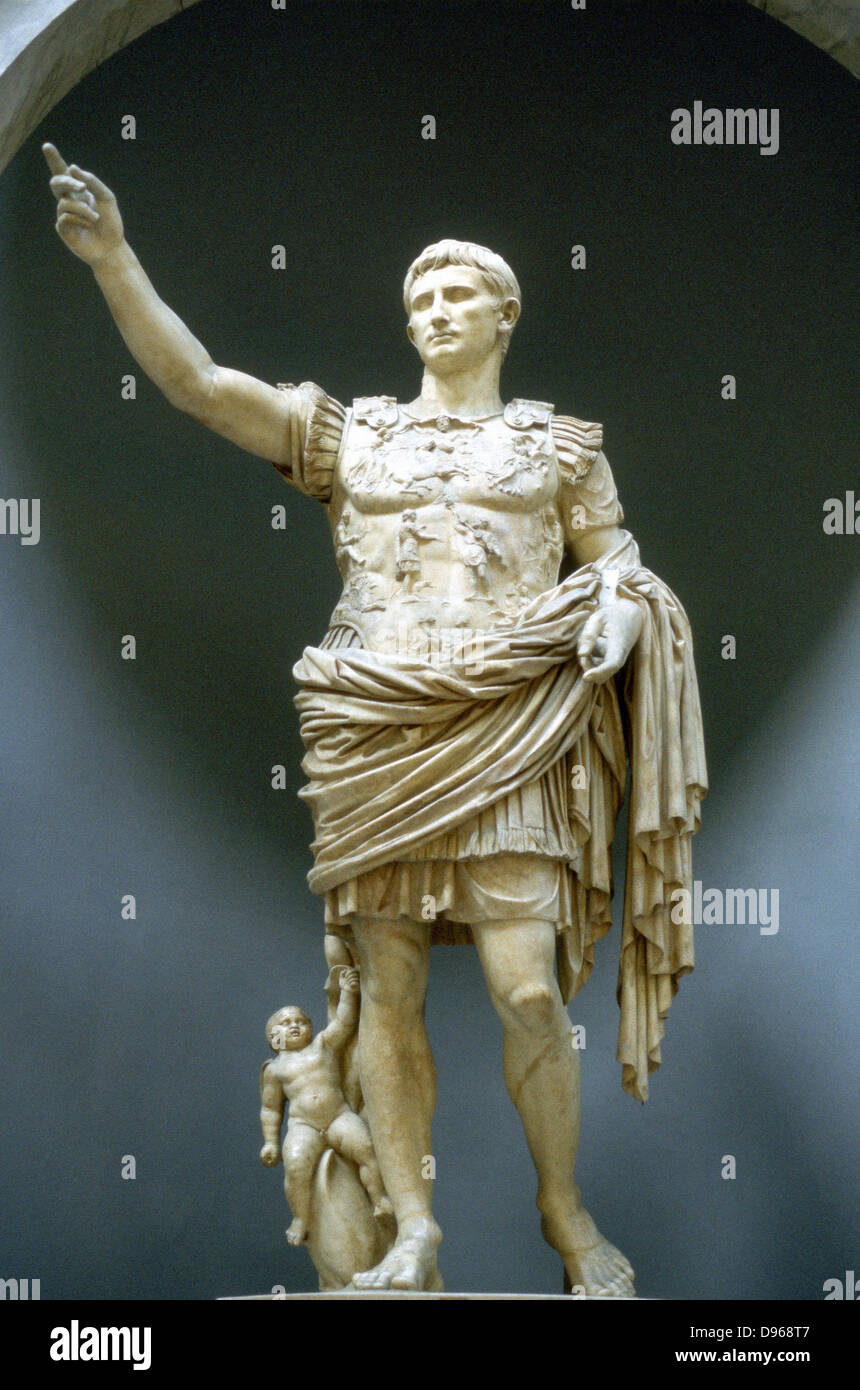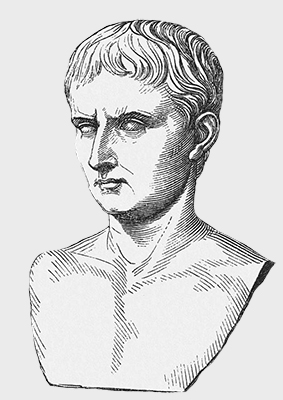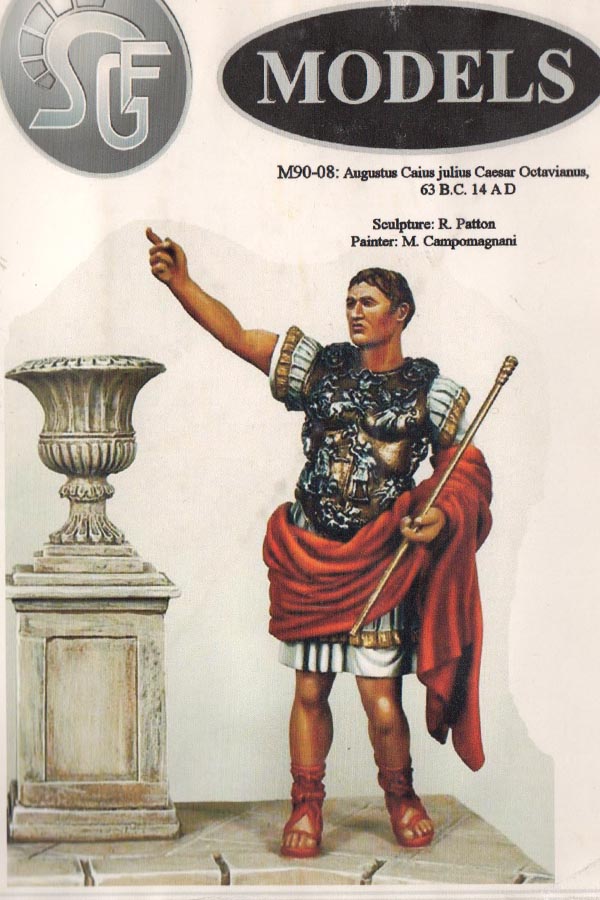
Pompey filled the city with soldiers, and the triumvirate's opponents were frightened. Caesar also married again, this time to Calpurnia, who was the daughter of another powerful senator.Ĭaesar proposed a law for the redistribution of public lands to the poor, a proposal supported by Pompey, by force of arms if need be, and by Crassus, making the triumvirate public. This informal alliance, known as the First Triumvirate (rule of three men), was cemented by the marriage of Pompey to Caesar's daughter Julia. Between the three of them, they had enough money and political influence to control public business.

They had been at odds for years, but Caesar tried to reconcile them. These three men ruled Rome and were called the Triumvirate.Ĭaesar was the go-between for Crassus and Pompey. Gnaeus Pompeius Magnus, usually known in English as Pompey or Pompey the Great, was a military and political leader of the late Roman RepublicĬaesar took power with Gnaeus Pompeius Magnus (Pompey the Great) and Marcus Licinius Crassus. After election, he was a consul in 59 BC. Faced with the choice between a triumph and the consulship, Caesar chose the consulship.

Though he was due a 'triumph' in Rome, he also wanted to stand for Consul, the most senior magistracy in the Republic. In Spain he conquered two local tribes, was hailed as imperator by his troops, and completed his governorship in high esteem. Caesar left for his province before his praetorship had ended. In return for political support, Crassus paid some of Caesar's debts and acted as guarantor for others. He turned to Marcus Licinius Crassus, one of Rome's richest men. Caesar won comfortably, despite his opponents' greater experience and standing.Īfter his praetorship, Caesar was appointed to govern Roman Spain, but he was still in considerable debt and needed to pay his creditors. He ran against two powerful senators there were accusations of bribery by all sides. In 63 BC he ran for election to the post of Pontifex Maximus, as high priest of the Roman state religion. p100 On his return in 67 BC, he married Pompeia (a granddaughter of Sulla), whom he later divorced. After her funeral, Caesar went to serve his quaestorship in Spain. On his return to Rome, he was elected as military tribune, a first step in a political career. He was soon called back into military action. As a sign of leniency, he first had their throats cut. He had them crucified on his own authority, as he had promised while in captivity-a promise the pirates had taken as a joke. After the ransom was paid, Caesar raised a fleet, pursued and captured the pirates, and imprisoned them. When the pirates thought to demand a ransom of twenty talents of silver, he insisted they ask for fifty. He maintained an attitude of superiority throughout his captivity. On the way across the Aegean Sea, Caesar was kidnapped by pirates and held prisoner. From then on, lack of money was one of the main problems in his life. His mother's family pleaded for his life Sulla reluctantly gave in, but stripped Caesar of his inheritance.

Hundreds were killed or exiled, and Caesar was on the list. Sulla set about purging Rome of his enemies. The exact date is not known.Īt sixteen he was the head of his family, and soon came under threat as Lucius Cornelius Sulla became Roman dictator. Julius Caesar was born in Italy around July 100 BC.

69 BC) was the first wife of Caesar and the mother of his only daughter Julia


 0 kommentar(er)
0 kommentar(er)
